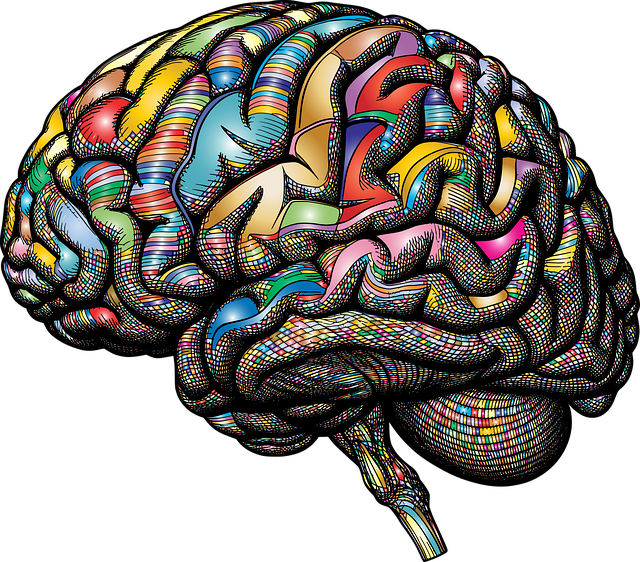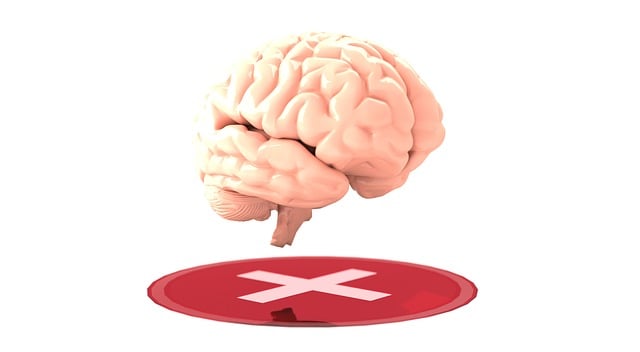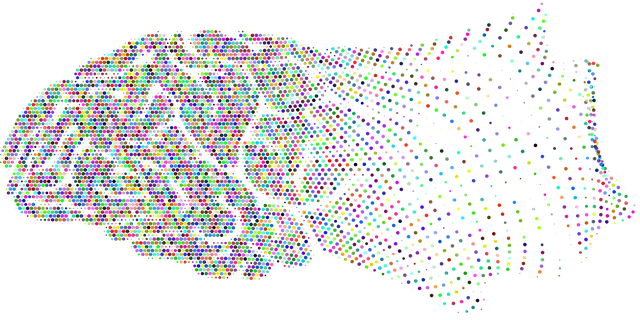Individuals with Autism Spectrum Disorder (ASD) face unique challenges with substance abuse due to social differences and sensory sensitivities, making them prone to using drugs or alcohol as coping mechanisms. Northglenn Autism Spectrum Disorder Therapy focuses on understanding these risks and implementing risk reduction strategies, such as Social Skills Training, Stress Reduction Methods, and Self-Awareness Exercises. Early intervention and tailored support from professionals are crucial in mitigating substance abuse risks among ASD individuals. Comprehensive therapy approaches, including specialized Northglenn Autism Spectrum Disorder Therapy, integrated crisis intervention, and community education workshops, work together to empower clients with healthier coping mechanisms and improved quality of life.
In Northglenn, addressing substance abuse among individuals with Autism Spectrum Disorder (ASD) requires tailored strategies. This article explores comprehensive risk reduction approaches for Northglenn residents with ASD, focusing on understanding unique challenges and implementing effective interventions. We delve into early prevention methods and comprehensive therapy techniques to mitigate risks associated with substance abuse in this vulnerable population. By combining community efforts and specialized care, Northglenn can foster a supportive environment that promotes well-being and prevents harmful behaviors.
- Understanding Substance Abuse Risks in Individuals with Autism Spectrum Disorder (ASD)
- Early Intervention and Prevention Strategies for Northglenn Residents
- Comprehensive Therapy Approaches: Navigating the Path to Risk Mitigation
Understanding Substance Abuse Risks in Individuals with Autism Spectrum Disorder (ASD)

Individuals with Autism Spectrum Disorder (ASD) face unique challenges when it comes to substance abuse risks. Northglenn Autism Spectrum Disorder Therapy highlights that social differences and sensory sensitivities often present in ASD can make individuals more susceptible to certain substances as a means of coping or self-medication. Understanding these risks is crucial for implementing effective risk reduction strategies.
Social Skills Training, Stress Reduction Methods, and Self-Awareness Exercises are among the tools that can empower those with ASD to navigate these challenges. By learning healthy coping mechanisms and enhancing their ability to recognize and express emotions, individuals with ASD can reduce the likelihood of turning to substances as a crutch. Early intervention and tailored support from professionals in Northglenn Autism Spectrum Disorder Therapy can significantly contribute to mitigating substance abuse risks within this population.
Early Intervention and Prevention Strategies for Northglenn Residents

In Northglenn, early intervention and prevention strategies play a vital role in reducing substance abuse among residents. Programs tailored for young individuals, especially those with conditions like Autism Spectrum Disorder (ASD), can significantly impact future choices. Northglenn Autism Spectrum Disorder Therapy centers offer specialized support, fostering positive thinking and building resilience from an early age. These interventions aim to identify potential issues before they escalate, providing crisis intervention guidance and promoting healthy coping mechanisms.
Community-based initiatives focusing on education and awareness are also crucial. Local organizations provide resources and conduct workshops, encouraging open conversations about substance abuse risks and available support systems. By integrating these measures, Northglenn residents gain access to essential tools for burnout prevention, ensuring a healthier and more balanced lifestyle.
Comprehensive Therapy Approaches: Navigating the Path to Risk Mitigation

Comprehensive therapy approaches play a pivotal role in mitigating risks associated with substance abuse. By addressing underlying mental health conditions, such as Northglenn Autism Spectrum Disorder Therapy, professionals can offer tailored interventions. These therapies not only focus on symptom reduction but also empower individuals to develop healthier coping mechanisms. Incorporating techniques like self-esteem improvement and stress management helps prevent relapse by equipping clients with tools to navigate challenging situations.
Moreover, crisis intervention guidance is integrated into comprehensive therapy models, providing immediate support during acute crises. This multifaceted approach ensures a holistic treatment experience that considers the complex interplay between mental health, substance abuse, and risk factors. Through such comprehensive strategies, individuals can break free from destructive patterns, fostering long-term recovery and improved quality of life.
Substance abuse among individuals with Autism Spectrum Disorder (ASD) presents unique challenges, but there are effective risk reduction strategies. Early intervention and prevention programs tailored for Northglenn residents with ASD can significantly mitigate risks. Comprehensive therapy approaches that combine behavioral, cognitive, and social support offer a promising path to safer outcomes. By integrating these strategies, Northglenn Autism Spectrum Disorder therapy can become more accessible and successful in fostering healthier lives.













